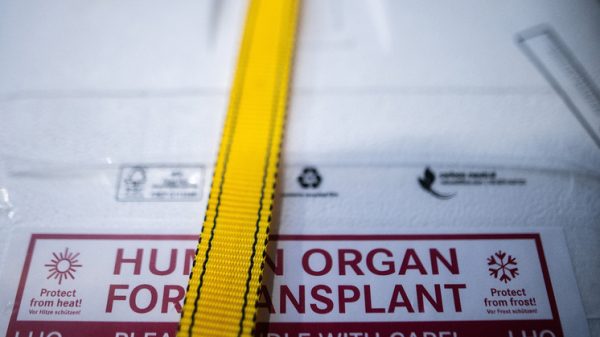
MOSCOW, January 31 A new method for treating postpartum endometritis, one of the most common complications after cesarean section, was developed by scientists from Omsk State Medical University together with employees of the Institute of Catalysis of the SB RAS. According to them, intrauterine administration of a molded polymer sorbent together with antibacterial therapy significantly reduces the inflammatory process in women in labor and increases the chances of maintaining reproductive function. The results of the work are presented in Best Practice & Research Clinical Obstetrics & Gynecology.
According to statistics, 25–30% of births in developed countries today are resolved by caesarean section. Despite the constant improvement of therapy and medical equipment, purulent-septic postpartum endometritis remains one of the leading complications of cesarean section, which is largely due to the resistance of pathogenic microbiota to antibiotics, reported Omsk State Medical University (OMSMU).
Postpartum endometritis is a postpartum infection, the course of which is noticeably aggravated by surgical trauma to the uterus during cesarean section. According to experts, ineffective treatment of this disease often leads to the need for hysterectomy — removal of the uterus.
Omsk State Medical University scientists proposed using a modified molded sorbent containing polyvinylpyrrolidone when treating infectious postpartum endometritis.
«»Today, one of the most effective methods of treating postpartum endometritis is the use of sorbents, which are used to treat wound infections. The proposed new modified sorbent has specific antibacterial properties, since it consists of nanodispersed mesoporous carbon material in the shape of cylinders,»— said the head of the Department of Obstetrics and Gynecology No. 2 of Omsk State Medical University Sergey Barinov.
Researchers have found that with combination therapy, when the sorbent is administered to the patient along with antibacterial drugs, the number of hysterectomies is reduced by almost 15 times.
“Compared with the use of antibiotics only, we showed a sharp decrease in inflammation, residual growth of microorganisms and faster restoration of uterine volume using the developed method,” noted Barinov.
He emphasized that the sorbent promotes the effective removal of pathogenic microorganisms, toxins and their products decay from the uterine cavity: on the fifth day of combined treatment, in 88.2% of cases, antibiotic-resistant flora was eliminated, which allows preserving the reproductive organ and subsequently carrying a pregnancy.






















































Свежие комментарии